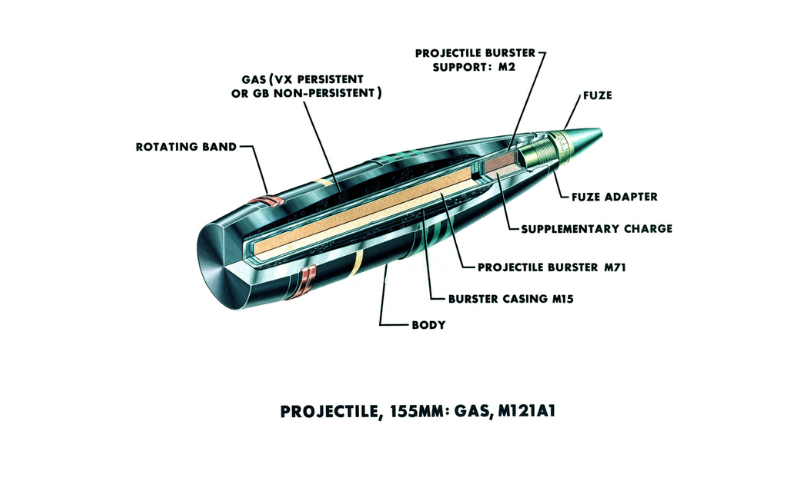James Stavridis
Washington Post, Jan. 25, 2023
“This is a win-win-win situation: The Ukrainians get much-needed but unsophisticated munitions for the brute-force war they are fighting; the US provides real combat power to Kyiv; and the Israelis have an opportunity to rebuild the stockpile in a manner better tailored to the exigencies of 21st-century war.”
The US military announced last week that it would take 300,000 American 155-millimeter artillery shells from a weapons stockpile in Israel and transfer them to the Ukrainian military. While not overly enthusiastic about the movement of the ammunition, Israel Defense Forces officials said the rounds were US-owned and that how they were used was “American business.”
Israel, which has maintained reasonably good relations with Russia, has nonetheless condemned the Ukraine invasion and provided humanitarian aid, but appears unwilling to support the Ukrainian military directly. This weapons transfer is a step in the right direction.
It may have come as a surprise to many Americans that the US has a substantial amount of combat material and equipment forward-deployed in Israel. But to those of us deeply involved in US-Israeli military relations, it seemed only a matter of time before the Pentagon withdrew some resources to aid the embattled Ukrainians.
I was in charge of those stockpiles when I was commander of US European Command a decade ago. At that time, all US-Israel military relations were the responsibility of the four-star officer based in Stuttgart, Germany (it has since shifted to US Central Command in Tampa, Florida, a better arrangement and one I advocated). I toured the stockpiles on several occasions, and they are impressive, extensive and well maintained – ready for combat.
Officially known as the War Reserve Stockpile Ammunition–Israel, or WRSA-I, the cache was established in the 1980s as an insurance policy for Israel in case of another massive Arab (or perhaps Iranian) ground attack. Maintaining it has been essentially codified in US law as part of a congressional mandate to ensure a “qualitative military edge” for Israel vis-a-vis potential opponents in the Middle East.
… [To read the full article, click here]


